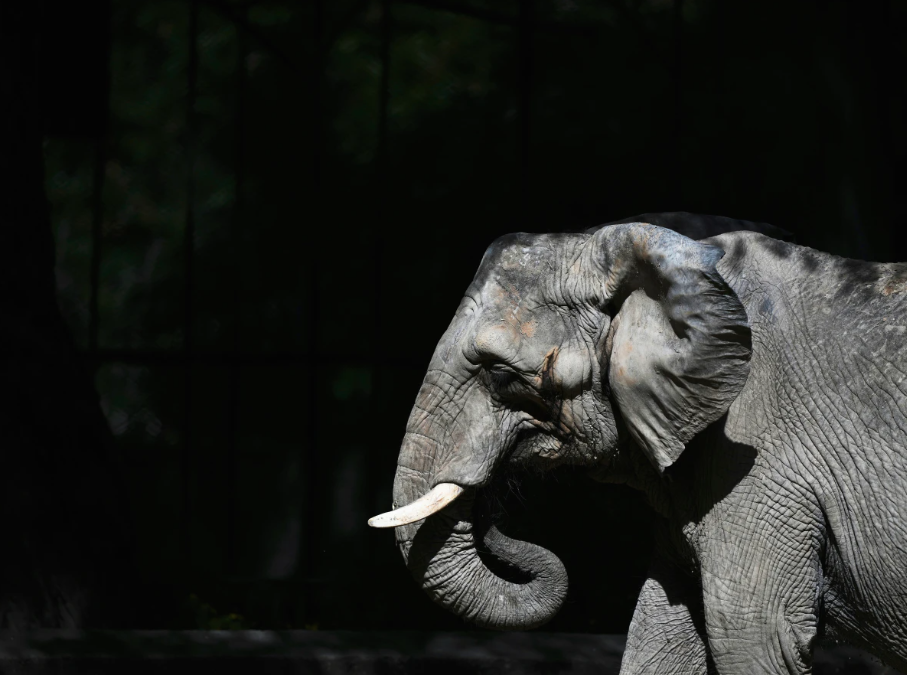Pupy, an African elephant, has arrived at her new home at Elephant Sanctuary Brazil in Mato Grosso after a 2,700-kilometer (1,680-mile) journey from a zoo in Buenos Aires, Argentina, where she had lived for 30 years in conditions that were heavily criticized by animal rights activists.
The Buenos Aires mayor’s office confirmed that Pupy, who is 35 years old, made the trip in excellent health. She was transported in a large iron crate, securely strapped to a truck, accompanied by a team of caretakers and veterinarians. Pupy, who had been prepared for the journey over several months, did not require sedation during the five-day trip to the sanctuary, the first of its kind in Latin America, located in Chapadas Dos Guimarães, Mato Grosso.
Upon arrival at the sanctuary, Pupy hesitated to leave the crate. The staff offered her sugarcane and watermelon—her favorite treats—and gave her a refreshing bath to help her adjust. She will remain in an outdoor shed as she acclimates to her new surroundings, with no rush to push her progress.
In 2016, Buenos Aires began converting its century-old zoo in the Palermo neighborhood into an ecological park dedicated to preserving biodiversity and native species. As part of this transformation, more than 1,000 animals, including tigers, lions, bears, and apes, have been relocated to countries where they can live in more suitable conditions. One notable case was that of Sandra, an orangutan who now resides at the Great Ape Center in Florida.
Pupy, who arrived at the Palermo zoo in 1993, is the most recent animal to be transferred from the Buenos Aires ecological park. At the Brazil sanctuary, she will join five Asian elephants, including Mara, a former circus elephant who made the same long journey to the refuge five years ago. However, Pupy will not be reunited with Mara, as the sanctuary aims to respect the natural differences between the species, keeping them in separate groups to accommodate their unique biological and behavioral needs.
The Buenos Aires “Ecopark” will continue to house animals that, due to their age or other limitations, cannot be relocated.













